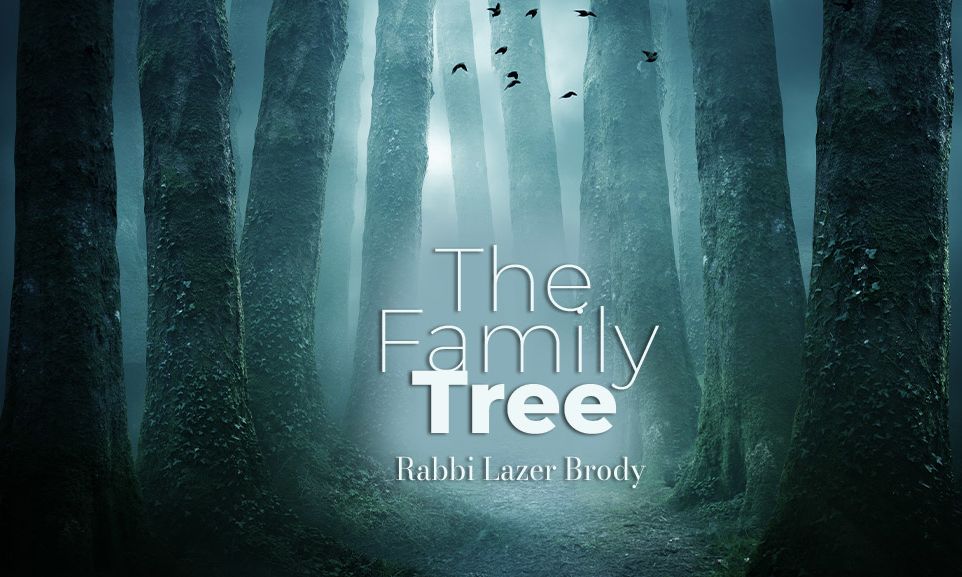
Tu B’Shvat: The Family Tree
Any change at the base of the trunk has a profound effect on the branches, then subsequently on the twigs, and ultimately on the leaves and fruit...

The Torah tells us that “Man is a tree in the field” (Deuteronomy 20:19). Interestingly, we automatically refer to our ancestral background as “the family tree.” On a superficial level, just as a tree branches out from trunk to branches to twigs above ground – and branches out similarly below the ground, with a root system that looks like an upside-down tree – so do we branch out in two directions. From us to our children to our grandchildren resembles the tree branching out from the trunk above ground, and our parents, grandparents, and successive previous generations are our “roots” below ground, which we don’t always see.
Yet, the concept of family tree goes much deeper. Any change at the base of the trunk has a profound effecton the branches, then subsequently on the twigs, and ultimately on the leaves and fruit. For example, if a tree farmer sees that the branches are brittle, the leaves are yellowish, and the color of the fruit is pale, then it shows that the tree is suffering from an acute lack of iron. All the farmer has to do is to give the tree an adequate dose of iron at the base of the trunk and a good dose of water, and presto! Here’s what happens:
The iron-fortified water is absorbed from the soil into the roots of the tree. It now travels up through the trunk, the branches, the twigs and to the fruit and leaves by way of long thin tubes called xylem.
Water and nutrients move up the xylem through a process called capillary action. Capillary action allows water to be pulled through the thin tubes because the molecules of the water are attracted to the molecules that make up the tube. The water molecules at the top are pulled up the tube and the water molecules below them are pulled along because of their attraction to the water molecules above them.As such, the iron-fortified water reaches the furthest extremities of the tree and replenishes them. Soon, the branches become stronger, the leaves greener, and the fruit brighter.
The Torah is compared to water (see Isaiah 55:1). Just as Hashem engineered the amazing process of capillary action which moves nutrients and water from the soil and trunk up through the tree, we have an equivalent spiritual process called Ma’ase Avot Siman L’banim – “the deeds of fathers are signs for sons”, namely, what one generation does has a profound effect on future generations.
The Gemara tells a poignant story about trees and concern for future generations in a tale about the great tzaddik, Choni Haagal (see tractate Taanit 23a):
Rebbe Yochanan says that Choni HaMaagal was sorry all his life that he didn’t comprehend the verse, “Shir HaMa’alot, when Hashem returns us to Tzion, we will have been as dreamers,” in other words, the Babylonian exile which lasted 70 years, will have been like one long sleep. “Could it be,” Choni asked, “that a person can sleep continuously for 70 years?”
One day, as he was walking, he saw a man planting a carob tree. “How long will it be,” he asked the man, “before this tree produces fruit?”
“Seventy years,” the man answered.
“And are you certain you will still be alive then?” Choni HaMaagal asked.
“I was born into a world with carob trees,” the man answered. “Just as my fathers planted trees for me to enjoy, so I plant trees for my children.”
Choni HaMaagal then sat down a little distance away, to eat his meal. He ate, then dozed off. A wall of rock sprung up around him, and concealed him from view. No one could find him, and so he slept for 70 years.
When he awoke from his sleep, he saw the same man picking carobs from the tree he had planted.
“Are you the man that planted this tree?” he asked him.
“No,” answered the man, “I am his grandson.”
“I see,” said Choni HaMaagal, “that I must have slept for 70 years.” He then noticed that his donkey had been given birth to donkeys, who in turn, gave birth to still other donkeys…
Our grandchildren eat the fruit we plant. Spiritually speaking, when we strengthen ourselves in Torah, we will see how our spiritual fortification (just like the iron-fortified water) nourishes future generations, moving up through the family tree’s mesora, the tradition of father to son, just like a spiritual xylem.
Let’s contemplate strengthening our own family tree by enriching ourselves with more Torah and emuna, drawing on our holy roots that go back to Abraham, Isaac, Jacob, and the twelve tribes. That way, we’ll surely see our branches flowering with luscious family fruit, amen.


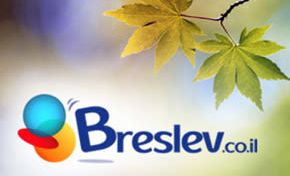
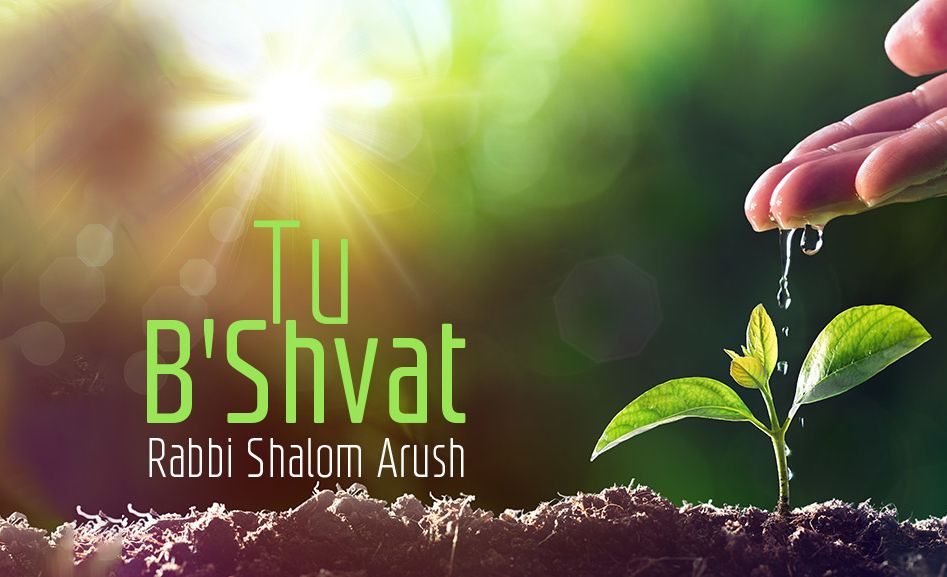
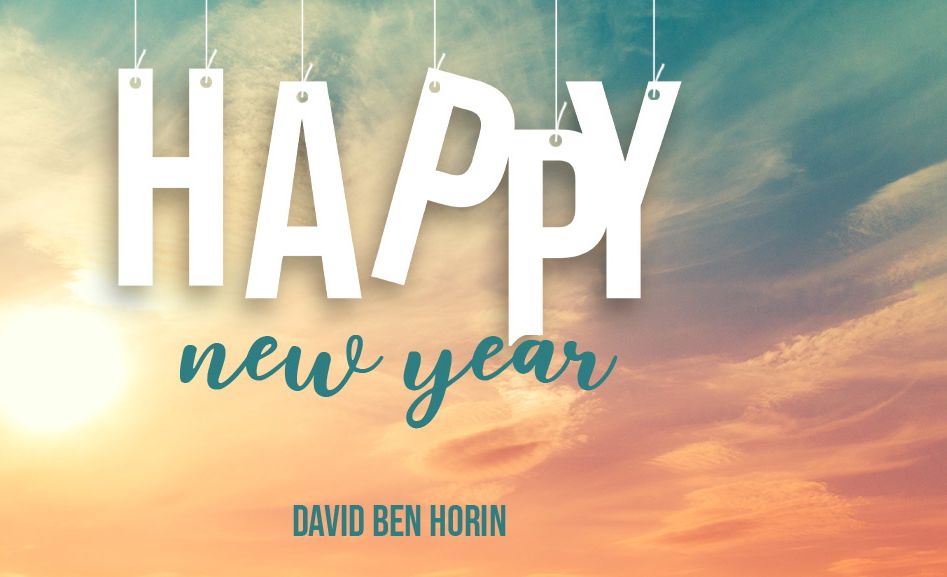

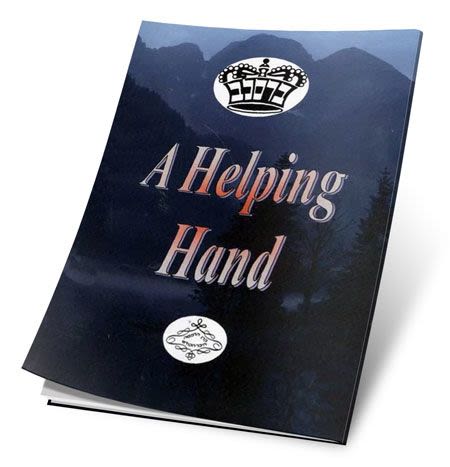
Tell us what you think!
Thank you for your comment!
It will be published after approval by the Editor.